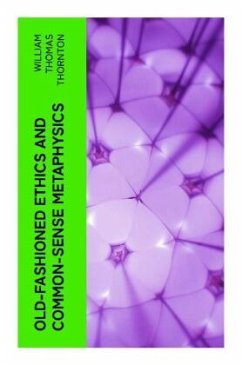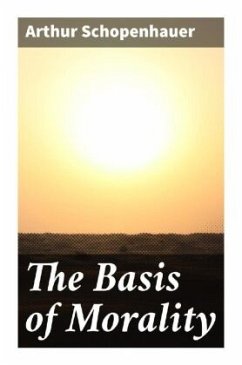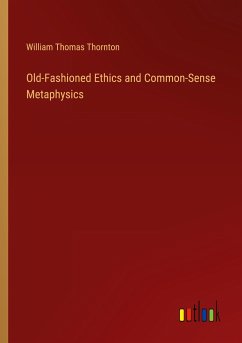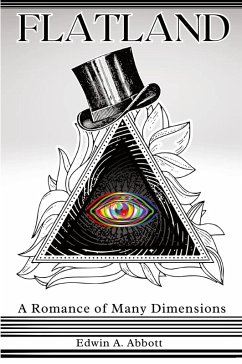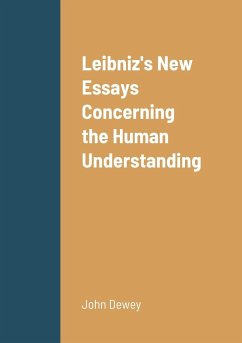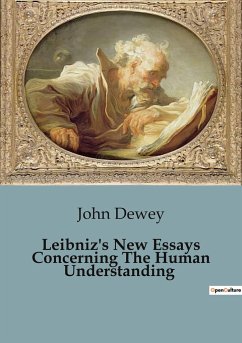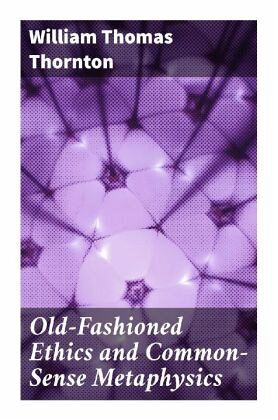
Old-Fashioned Ethics and Common-Sense Metaphysics
With Some of Their Applications
Versandkostenfrei!
Versandfertig in 6-10 Tagen
8,99 €
inkl. MwSt.
Weitere Ausgaben:

PAYBACK Punkte
4 °P sammeln!
In "Old-Fashioned Ethics and Common-Sense Metaphysics," William Thomas Thornton navigates the intersection of ethical theory and metaphysical thought, presenting a compelling treatise that advocates for a return to traditional values in philosophy. Written in a clear and engaging prose style characteristic of 19th-century philosophical discourse, Thornton employs a blend of rigorous argumentation and accessible language to confront contemporary philosophical dilemmas. His work is situated within the broader Victorian intellectual landscape, responding to the rapid changes in moral and metaphys...
In "Old-Fashioned Ethics and Common-Sense Metaphysics," William Thomas Thornton navigates the intersection of ethical theory and metaphysical thought, presenting a compelling treatise that advocates for a return to traditional values in philosophy. Written in a clear and engaging prose style characteristic of 19th-century philosophical discourse, Thornton employs a blend of rigorous argumentation and accessible language to confront contemporary philosophical dilemmas. His work is situated within the broader Victorian intellectual landscape, responding to the rapid changes in moral and metaphysical paradigms that defined the era. William Thomas Thornton, an influential figure in the study of economics and philosophy, was deeply committed to exploring ethical implications of human actions in industrial society. His academic background and personal convictions influenced his assessment of morality, compelling him to critique modern philosophies that he perceived as disregarding foundational ethical principles. Thornton's rich intellectual tradition, informed by his engagement with both classical and contemporary thinkers, provides a profound context for understanding his arguments in this text. For readers interested in the evolution of ethical thought and the role of traditional values in contemporary discourse, Thornton's "Old-Fashioned Ethics and Common-Sense Metaphysics" offers a refreshing perspective that challenges modern philosophical norms. It is an essential read for anyone seeking to explore the undercurrents of morality and meaning in a rapidly changing world.




